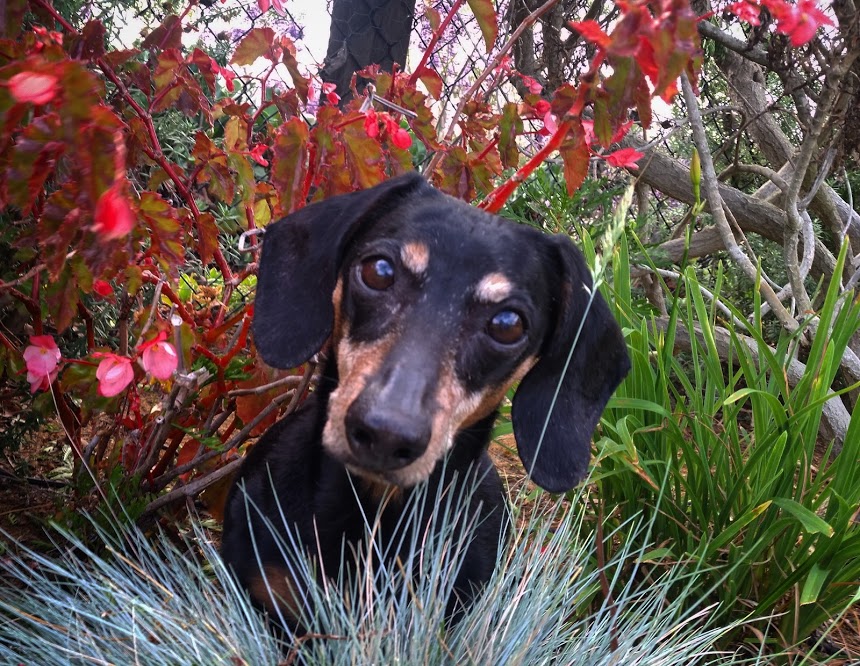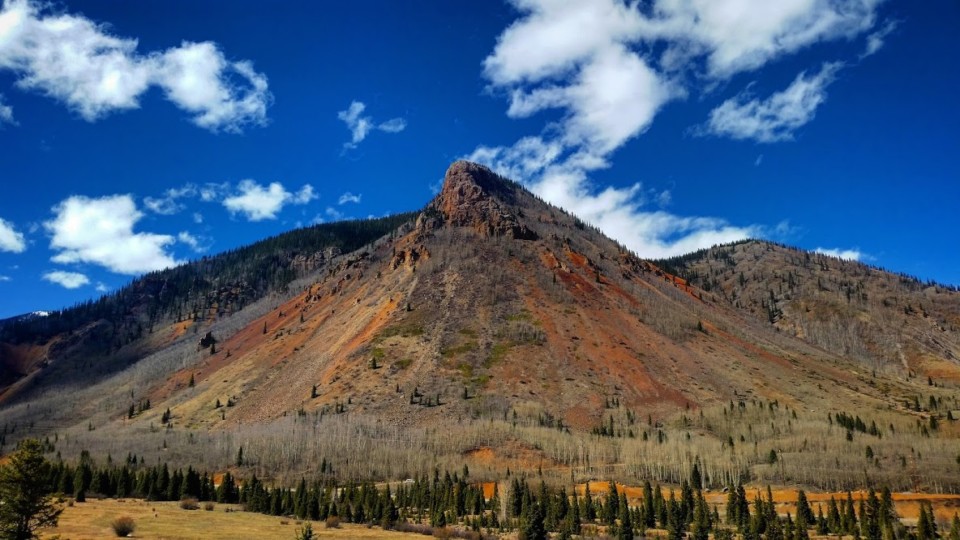Many of my recent conversations, with both practitioners and patients, have come around to the idea and importance of connection. Connection with others, connection with the world, connection with ourselves. So it’s perhaps unsurprising that there have also been a glut articles of late about the importance of social connections in everything from all-cause mortality to addiction to physiotherapy.
But what does connection mean? What does it matter? What does it have to do with chronic pain? I don’t think there are any right answers to those questions but I will share some of my thoughts and experiences.
Disconnection
When I was in the worst of my pain I withdrew from the world. I stopped going out, I stopped talking to friends and family, I no longer engaged in activities that I loved doing, some of which I’d been doing my whole life. My thoughts and actions centered around pain.
My world became very, very small.
And I see this happening too often to other folks who live with pain, we all seem to withdraw from the world to some degree, and in so doing we lose those vital connections that are important to our health and well-being. Connections not just with other people – our co-workers, social groups, friends, family – but also with the environment, with loved things and activities and places, with ourselves.
Everything becomes about the pain and being rid of it so that we can get back to living. We avoid the world because we’re not ourselves, we’ll wait ’til we’re ‘right’ again, back to normal, feeling better. We’ll wait until there’s no more pain.
So we wait. And while we wait, the world goes on without us.
We wait and we become more and more disconnected from all the things that matter to us because the longer we are away from them, the harder they are to find, to access, to get back to, to let back in.
We withdraw mentally, our mental view shrinking to one of pain, sapping our energy, our resources, our creativity, our productivity, our attention. We can’t think very well, simple decisions seem monumental, simple tasks impossible. We barely notice anything else going around us for the flashing neon sign and discordant screech of pain. Our lives usurped by pain.
We withdraw physically, staying home, in our safe zone, sometimes in just a single room. We only rarely venture out and when we do it only reminds of us of what we lost, what we can no longer do, we worry about how much worse it’s going to get.
We lose our connections to our favorite places, our favorite people, our favorite experiences. To our lives. To ourselves.
We don’t adventure and explore, we don’t discover new things. We don’t enjoy familiar things. We stay put. And the longer we stay put, the harder it is to leave. The longer we stay put, the easier it is to stay in pain, too.
I have found that it’s easy to stay in pain when we’re constantly in the same environment with the same behaviors, sights, sounds, and smells. There’s no novel input, no novel output. Life becomes a well-practiced, familiar (and paradoxically comforting) routine of pain.
The only counter to this is through expanding our world again, through reconnecting with people, places, activities, and things that matter to us. Exploring and discovering, re-exploring and rediscovering.
When we expand our worlds, and our minds, we gain new perspectives. When we change up our contexts and get out of our habitual spaces, behaviors, and thoughts, when we shake things up a bit and give our systems some new input, we can finally express a new output, one that isn’t quite so painful, one that is more meaningful, more connected. More us.
Connection
So much of what I think is important now, in life, really, but I tend to reflect on it all through a lens of changing the experience of chronic pain, has to do with connection at some level.
Connection to other humans
Feeling heard and validated, hearing and validating others, loving and being loved, sharing stories, laughing and crying together, fostering altruism, expressing gratitude, volunteering…just connection on some meaningful level with other human beings. I lost a lot of friends when I disappeared for a while, but I was able to reconnect with many and make new ones, too. I have met so many wonderful people in the pain world who have enriched my life. These relationships are my therapy.
Connection to nature
Getting outside and out of myself, immersing myself in the beauty and harmony of the natural world, appreciating nature, moving through the environment using all my senses, breathing fresh air, putting my pain in perspective. Nature is my therapy.
Connection to animals
From watching wild animals from afar (which I’ve always found enchanting, from watching birds in the backyard to a herd of elk moving through Rocky Mountain National Park) to household pets, I have found animals to be incredibly therapeutic.
Buster was the only one who got me when my pain was at its worst. He always knew what to do. He was always there for me without fail, he never judged or tried to fix it. How you can you not love those soulful eyes and that warm little body? Buster (and other animals, but he is numero uno) is my therapy.
Connection to hobbies
I held onto the desire to get back to my old hobbies for so long that I failed, for a long time, to engage in any hobbies at all. But then I found photography which further enhanced my connection to nature and to the world around me. I found writing. I found coloring. I found snowshoeing. I rediscovered snowboarding. My hobbies are my therapy.
Connection to ourselves
We become so focused on pain, or who we were before pain, that we lose sight of ourselves. Through practicing meditation and mindful movement I was able to become aware of myself as a person again. A whole person, not a damaged or broken person. And I was able to become mindful of the present again, to live in the now without so much ruing of the past or worrying about the future. Being mindful and aware are my therapy.
I am ever so grateful to feel connected to these things now, after so many years of being disconnected from almost everything. I am ever so grateful for discovering that there was much more to life beyond my pain.
It’s ok to talk about pain, emotion, feelings
I was able to reconnect with these things that matter to me because I was able to talk about my struggles, my feelings, my experiences. I was able to express myself through this blog; through open, honest conversations with my husband, my family, friends; hell, even through talking with strangers on chairlifts and in cafeterias. Conversations that I was initially terrified of because they were awkward, uncomfortable. Conversations that turned out to not be so bad.
We are taught from a young age to not be too emotional. That it’s inappropriate to share our feelings, that we should keep them bottled up. No one wants to hear it. We see that stoicism and individualism are highly regarded, supporting notions that we have to be tough, be a warrior, and figure this shit out on our own without becoming a burden to our loved ones or to society. We are taught that struggle is weakness, shameful.
We may even judge others we deem are sharing their feelings too freely or divulging too much of their own story. We may cringe, not knowing what they want from us. So it’s no wonder that we don’t want to share and divulge too much of our story, we don’t want others to feel awkward or uncomfortable either.
It’s not just ok. We need to talk about it
That’s why I talk about all of this stuff so damn much is because I believe that one way of changing our perspectives, not just as individuals but as a society, is to talk about our pain, to share our experiences, our emotions and feelings, our trials and successes. That’s how we connect in a meaningful way.
That’s also kinda scary for a lot of folks. Perhaps especially those who treat those with chronic pain, who may have been told that anything to do with emotion, with connection, with the mind, is for the psychologists.
But we needn’t fear it, and we needn’t be psychologists. We don’t need to fix the problem when someone shares a difficulty with us, we only need to hear them and be supportive. When I first had those uncomfortable, awkward conversations with my friends and family, and a few select movement therapists, they turned out not to be so awful. They actually turned out to be a huge relief. And they turned into a way for us to reconnect in perhaps a more meaningful way than before.
We’re all in this together
We’re all dealing with shit, after all, perhaps if we share the shit we can lessen the load. (perhaps not the best way of phrasing that)
You don’t need to be a psychoanalyst to be a good human, a good friend, a good doctor, a good therapist, a good parent, a good spouse a good mentor, a good boss, a good coworker. I’m just talking about listening, hearing, and engaging in meaningful discussions here.
Connecting.
The more we can talk about this stuff, the more connected and in tune we’ll be with each other and with ourselves, the more in touch we will be with our community and with the world. I think that’s important. We are all interdependent, none of us can survive in the world alone let alone manage pain alone, and that’s ok, let’s embrace it rather than fear it. Let’s talk about it.
Let’s connect.
I took this pic on a Road Trip with a friend of mine I didn’t talk to for 2 years, the darkest period of my chronic pain story. But we were able to reconnect, even after such a long absence. It can feel awkward and uncomfortable to discuss our pain, our emotions, our feelings, our struggles. But I think it best to just get it out there. I lost some friends during my experience with pain, but that’s ok. And those folks who are my friends now know my deal. That’s incredibly freeing.
Thanks for reading my post, folks! Sometimes I feel like I’m just rehashing the same old stuff. Please let me know if I am and I will try to change course! My next post should be on movement so that should switch things up a bit. I appreciate you being here, thank you. And thanks for letting me have these awkward, uncomfortable conversations in a very public forum! I feel heard.



Pingback: Trying to get better while having to prove we’re in pain